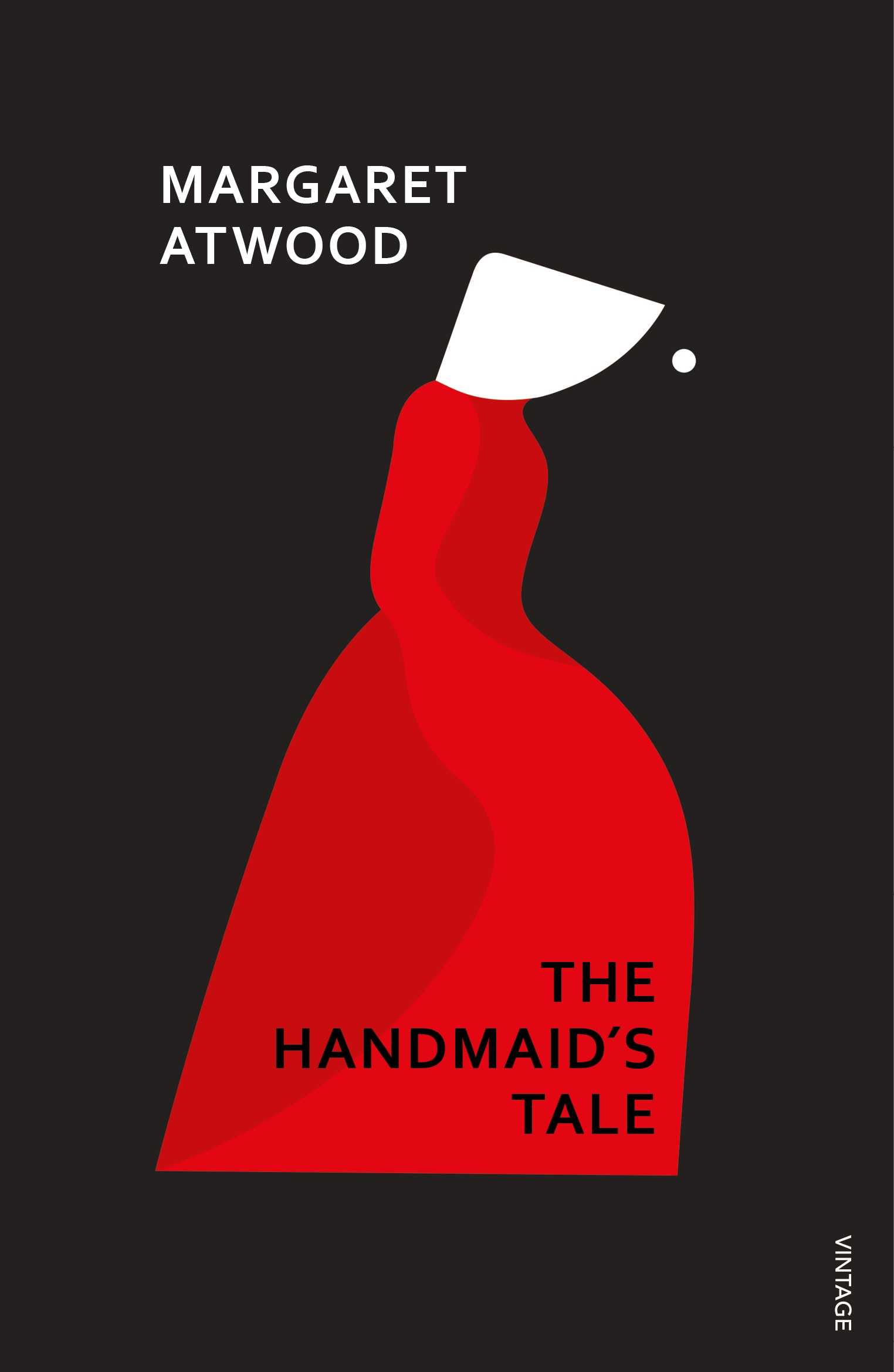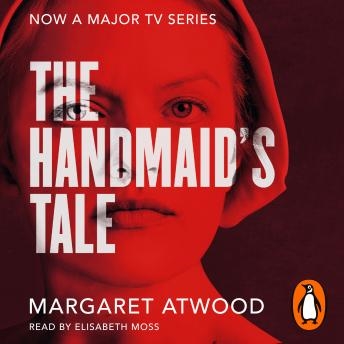

The author creates a society not so very different from our own, gives it rules that are surely Biblical yet not the ones we’ve chosen, and slowly reveals the reason how that world might grow from ours. But there’s lots of genuine humanity too. There’s lots of cruelty in the Handmaid’s Tale. Those things we hold so right and true might always be turned against us, and deepening disaster can result in cruel response under the guise of protection. But Margaret Atwood’s The Handmaid’s Tale reminds us, in fiction, of how close society must always be to collapse. Maybe we look at the sins and cruelties of another country and pat ourselves on the back. It’s so easy to look at the sins of the past and say we’re past all that now.

Atwood's novel links itself to Camus's best work for me, in the way that there is a strong social metaphor at play, but the story itself is still very real, very palpable and not relegating itself to be simply Symbolic, because the issues at stake are real, which is probably all the more weighty in this book, since, come 2021, it seems we only narrowly skirted from becoming a Gilead (and more!) ourselves. And of course the recruitment of women to help subjugate women. This is one of those books that exudes such talent, especially in the way that Atwood finds a concise situation that examines misogyny in such depth: the rhetoric of protection to not only provide an excuse to strip women of all their rights but that generates in a severe distrust of women, and of course the patriarchal attitude that men are bad but are free to have the power to do as they will and that women must carry the brunt of a system that supposedly forces men to be good. But I'm glad I came to this book simply wanting to read it, because I dug through it with relish. Perhaps it's obstinance, or just a need for difference, I don't know. It's hard for me to come to a Classic with only the mindset of This Must Be Read. All of Atwood is worth reading, but this book best exemplifies the cultural and psychological impact that a work of fiction can create. And despite its scenarios of great despair, The Handmaid's Tale is ultimately a hopeful book - Offred, and others, simply cannot be human without the possibility of hope, and therein lies the strength of the resistance.


The novel is as relevant today as ever feminist backlashes continue to wax and wane, but women's rights remain in the spotlight. The world of the narrator, Offred (from "Of Fred" - women no longer have their own names), is chilling, but she is a magnificent survivor and chronicler, and the details of everything from mundane daily life to ritualized sex and violence to her reminiscences of the time before (our contemporary reality, as seen in the '80s) are absolutely realistic. Atwood's classic dystopian novel of a terrifying (and terrifyingly plausible) future America has rewarded rereading like no other book I've probably read it 30 times by now.


 0 kommentar(er)
0 kommentar(er)
